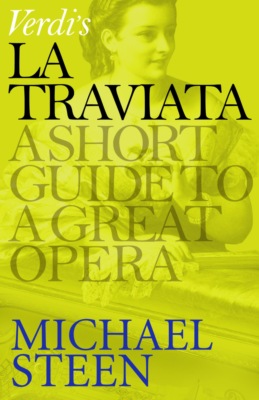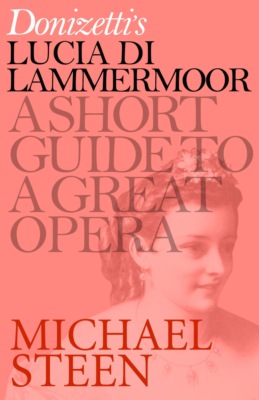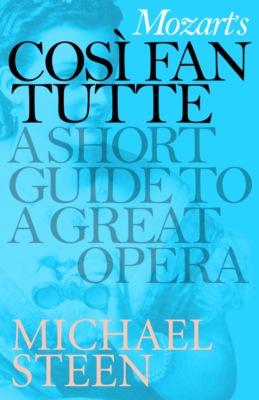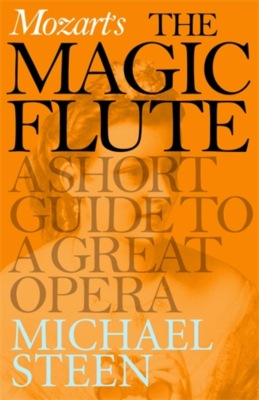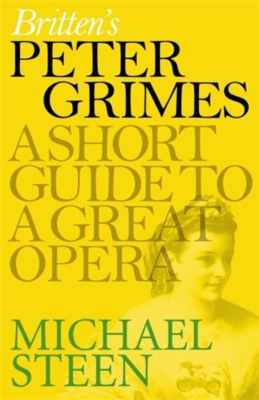Həcm 37 səhifə
0+
Wagner's Tristan und Isolde

Kitab haqqında
With the 'Tristan chord' at the start of Wagner's opera Tristan und Isolde, the composer launched modern music. The political refugee, a former revolutionary, was living in Zurich when the lovely Mathilde Wesendonck, the wife of a rich businessman, inspired him to break off from working on Siegfried, part of his 'Ring cycle', and refocus his efforts on Tristan. Expelled from there, Wagner continued to work on the opera in the Palazzo Giustiniani in Venice, and finished it in Lucerne in 1859. The première, in Munich, was delayed until 1865, after the 'Mad' King Ludwig of Bavaria came to Wagner's financial rescue. Wagner blended Gottfried von Strasburg's medieval epic with Schopenhauer's philosophy and his own idiosyncratic views on the psychology and metaphysics of love. (As well, Wagner reflected his views on Greek drama and the integrated Gesamtkunstwerk, or 'art-work'.) The result is a torrent of sound which depicts almost indecent passion. The Liebestod, in which the sexual love of Tristan and Isolde is consummated through death, and which is often presented in concert performance, is some of the most glorious music ever written. Written by Michael Steen, author of the acclaimed The Lives and Times of the Great Composers, 'Short Guides to Great Operas' are concise, entertaining and easy to read. They are packed with useful information and informed opinion, helping to make you a truly knowledgeable opera-goer, and so maximising your enjoyment of a great musical experience. Other 'Short Guides to Great Operas' that you may enjoy include The Magic Flute, Eugene Onegin and Peter Grimes.

